Iran: EU plan to leave JCPOA 'illegal', snap-back mechanism 'dead'
Iran has dismissed its nuclear case being sent back to the UN Security Council should the country go ahead with its pledge to take new steps away from the 2015 deal in response to European failures.
The reaction by Foreign Ministry spokesman Abbas Mousavi on Monday came after a British paper said the European Union had told Iran that it would start withdrawing from the nuclear deal in November if Tehran further forwent its commitments.
According to The Guardian, this would trigger the deal's dispute mechanism and if necessary a worldwide sanctions snap-back would occur, where Iran's case would be sent back to the Security Council.
The council removed the case from its docket when it endorsed the Joint Comprehensive Plan of Action (JCPOA) signed between Iran and the P5+1 group of world countries on July 14, 2015.
Speaking to reporters in Tehran, Mousavi said Iran's referral to the Security Council again is "dead and from the legal standpoint, there is no possibility of Europe using the snap-back mechanism."
Iran has already taken three separate calibrated steps away from the deal, and has warned it will take a fourth in November unless the Europeans do something about their obligation to protect Tehran from US sanctions.
The Europeans have, instead, told Iran that they would put the issue of Iran's further moves into the agreement’s formal dispute mechanism if the next Iranian move away from the deal were significant, The Guardian reported on Friday.
Mousavi described Europe's alleged plan to withdraw from the JCPOA as "illegal." He also criticized the Europeans for not being able to separate their foreign policy from that of Washington.
Under President Donald Trump, the US has adopted a campaign of "maximum pressure" on Iran after withdrawing from the nuclear deal and reimposing sanctions on the country.
Iran has responded to the US withdrawal and the reluctance of European signatories to protect Tehran from Washington’s sanctions by reciprocally suspending its own nuclear commitments as allowed under the JCPOA.
Answering a question about the fate of a French initiative led by French President Emmanuel Macron to solve the nuclear issue, Mousavi said Europe has failed to uphold the deal by "tying" its implementation to Tehran’s relations with Washington.
“Until practical and significant steps are taken from their side to persuade us, Iran will continue suspending its nuclear commitments based on the nuclear agreement,” he added.
Yemeni attacks "defensive"
Mousavi also said Iran supports “Yemen’s legitimate government against the invading forces”, adding Tehran has always provided the country with political support.
Saudi Arabia and a number of its regional allies launched a devastating campaign against Yemen in March 2015 seeking to reinstall a Riyadh-friendly government and crush the Houthi Ansarullah Movement.
Resistance by Yemen’s armed forces, however, has managed to bring the Saudi-led war effort near to a complete standstill.
Mousavi stressed that the solution to the conflict lies in Saudi Arabia’s acceptance of a ceasefire in Yemen and a cessation of its bombing of civilian targets.
Mousavi also rejected claims by Saudi Crown Prince Mohammad bin Salman accusing Tehran of being behind Yemeni reciprocal attacks against Riyadh.
Seeking to pressure Iran, Riyadh, along with Washington, have sought to blame Iran for Yemen’s retaliatory attacks against Saudi Arabia, notably accusing Tehran of involvement in the major Yemeni strike on Saudi Arabia’s Aramco oil facilities earlier this month.
Addressing reports about a probable visit by Iraqi Prime Minister Adil Abdul-Mahdi in Tehran to mediate the tensions between Iran and Saudi Arabia, Mousavi said Tehran was open to any such talks.
He added that the trip has not been finalized yet and that further details will be released if it is confirmed.
The Iranian spokesman also added that details regarding Tehran’s Hormuz Peace Endeavor (HOPE), a peace initiative seeking to stabilize the Persian Gulf region, will be published soon.
Mousavi said the initiative will include Iran, Iraq and all six members of the Persian Gulf Cooperation Council (GCC), comprised of Kuwait, Bahrain, Qatar, the United Arab Emirates, Oman and Saudi Arabia.
The HOPE initiative comes against a backdrop of tensions in the Persian Gulf, where several tankers and commercial vessels have come under suspicious attacks in recent months by unknown parties while attempting to cross the strategic Strait of Hormuz.
The United States has blamed the sabotage attacks on Iran, seeking to use them as a pretext to build up forces in the region.
Lebanese continue to fearlessly march home in south despite Israeli aggression
VIDEO | Qassam commander killed in Israeli drone strike on West Bank
Trump’s bellicose rhetoric to ‘clean out’ Gaza tied to deep pockets of Zionist lobby
2 Israeli reservists detained on suspicion of ‘spying for Iran’
Iran: Israel violation of Lebanon ceasefire clear example of war crime
Putin congratulates Lukashenko on ‘convincing’ re-election as Belarus president
Iran Army ground forces kick off offensive, security drill
Qalibaf: Israel failed to sell false notion of victory over Resistance as Hamas 'alive'




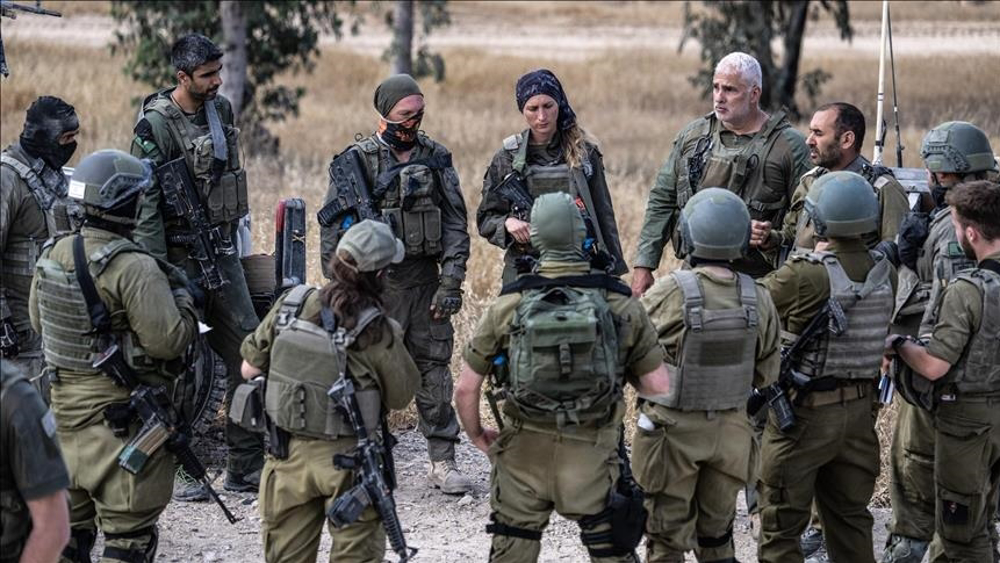
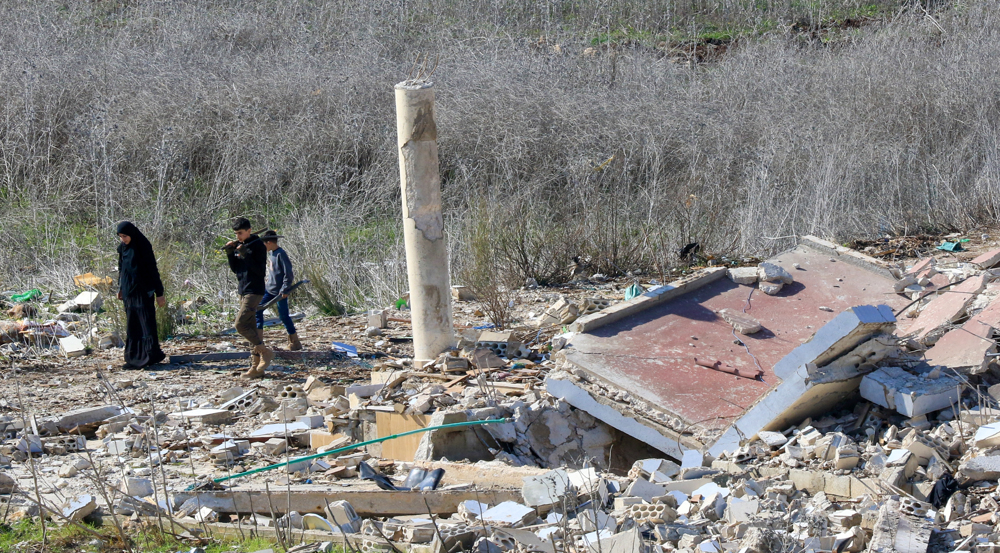
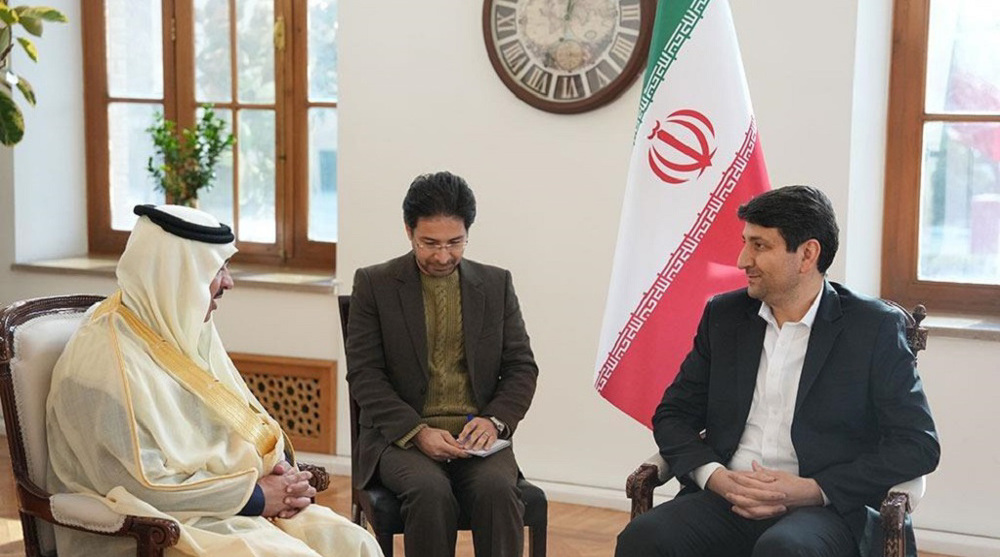



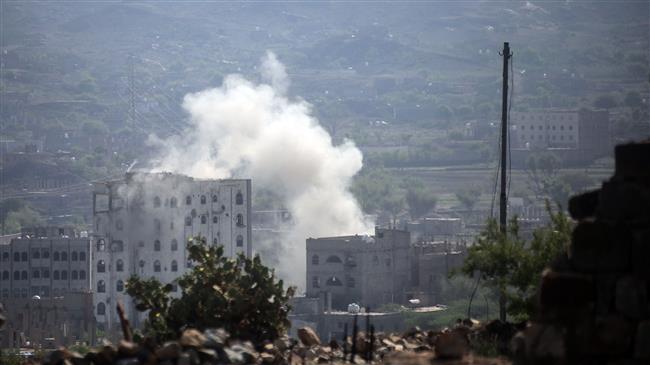
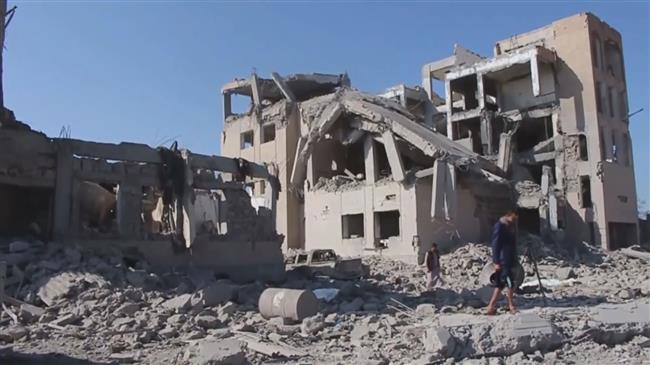


 This makes it easy to access the Press TV website
This makes it easy to access the Press TV website